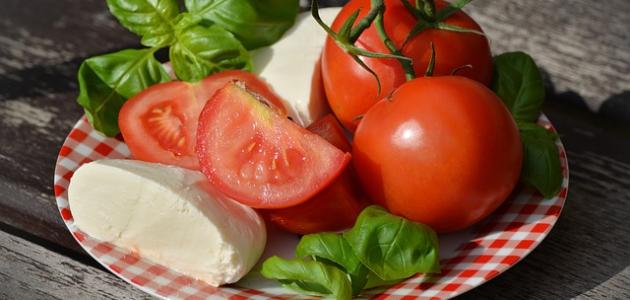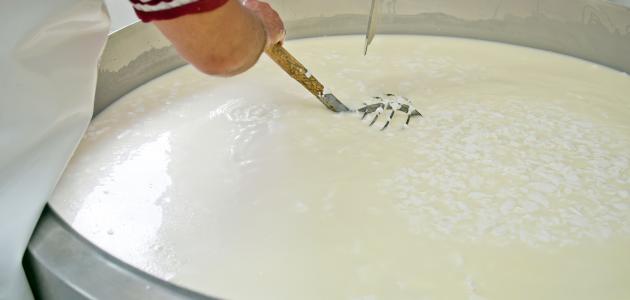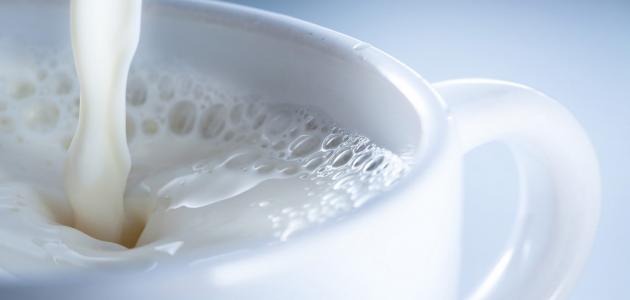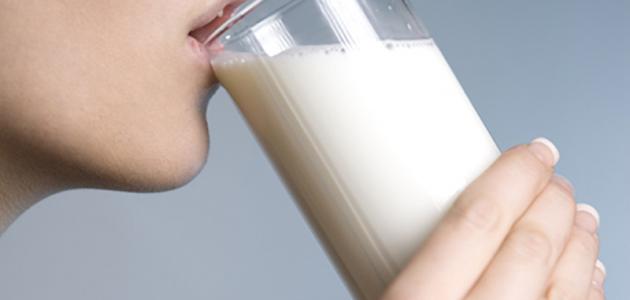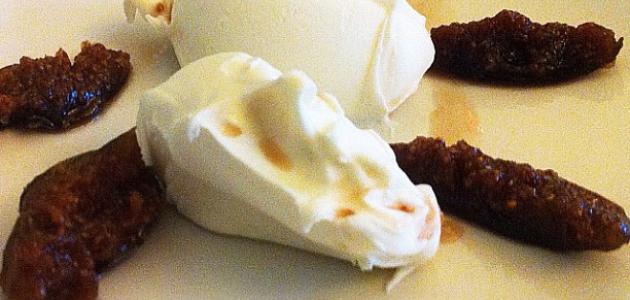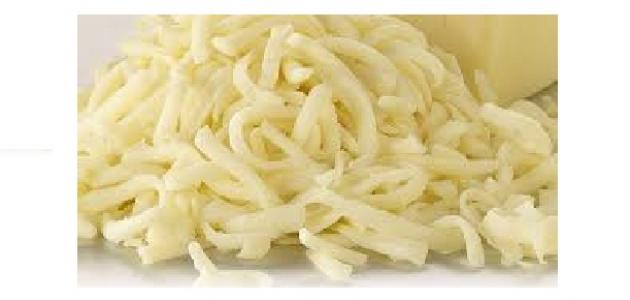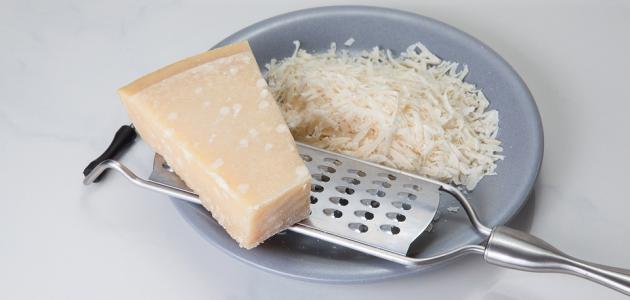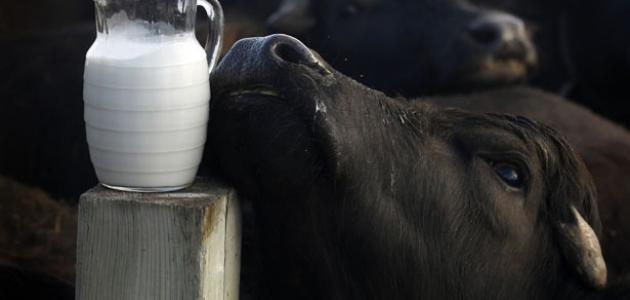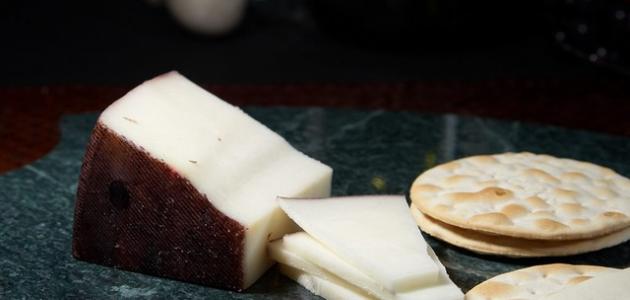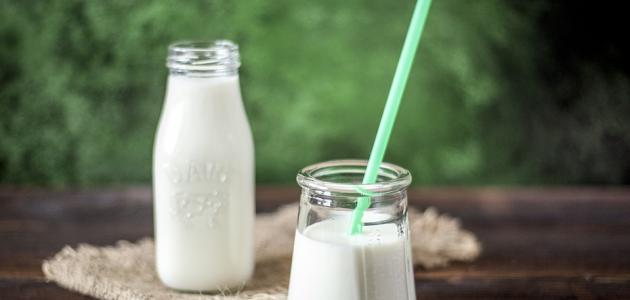Contents
White cheese
There are many types of cheese that are white in color, and it is usually called akkawi cheese, which is known as a Middle Eastern cheese. It is consumed with breakfast and dinner meals. Traditionally, Akawi cheese is produced from cow's milk, sheep's milk, or a mixture of both. [1] [2]
To see the general benefits of different types of cheese, read our article on the benefits and harms of cheese .
The nutritional value of white cheese
The following table shows the nutritional value in 100 grams of white cheese of the Akkawi type: [3]
| The nutrient component | Nutritional value |
|---|---|
| Calories | 250 calories |
| Protein | 14.29 grams |
| Fats | 21.43 grams |
| Calcium | 500 milligrams |
| Iron | 1.29 milligrams |
| Sodium | 3036 milligrams |
| Vitamin A | 714 IU |
| Saturated fatty acids | 14.29 grams |
| Cholesterol | 125 milligrams |
The benefits of white cheese
Cheese is a good source of calcium, which is essential for healthy teeth and bones, blood clotting, wound healing, and maintenance of normal blood pressure. The calcium , protein, magnesium, zinc, vitamin A, vitamin D, and vitamin K content of cheese promotes healthy bone growth in children and young adults. , [4] In addition to other important nutrients found in cheese, such as: phosphorous and vitamin B12 , which are nutrients that are also necessary for bone health, wound healing, eye and skin health, and red blood cell production, and cheese contains high-quality protein, which helps The body builds the basic structure of strong muscles. [5]
Cheese is made from the milk of animals that feed on 100% herbs, which is the most nutrient-rich, and also contains omega-3 fatty acids and vitamin K2, [6] and it is worth noting that the high salt content of white cheese is a common feature in cheese. In the Middle East, for this reason, and because of the health concerns that it can cause, Middle Eastern residents avoid consuming Akawi cheese because of a positive relationship between eating large amounts of sodium and high blood pressure , and the World Health Organization recommended to reduce salt intake in all types of food to reduce health problems. Associated with eating large amounts of salt. [2]
Precautions for using white cheese
Despite the benefits of cheese, it is necessary to be careful and careful when eating it in some cases, and we mention from these cases the following:
- Some people suffer from an allergy to cheese, as it contains lactose, which is a sugar that cannot be digested by people who suffer from lactose intolerance, as their bodies lack the enzyme that breaks down lactose, and in these cases it can cause ingestion of quantities. There is a lot of lactose in the digestive system, including gas and bloating, but some types of cheese are very low in lactose, such as Parmesan cheese, and people who suffer from lactose intolerance may be able to tolerate it, and some people may suffer from casein allergy, which is one of the The main proteins found in milk, in which case they cannot consume low-lactose heaven either. [6]
- As mentioned previously, some types of Akkawi cheese contain a large amount of sodium, [2] so it is recommended to choose low- sodium cheeses . [7]
Other types of white cheese
There are many white cheeses, including:
- Mozzarella: Mozzarella cheese is a soft white cheese, with high moisture content, and Italy is its original home, and it is made from Italian buffalo or cow's milk, and mozzarella cheese contains a lower percentage of sodium and calories, compared to most other types of cheeses, as it contains 28 1 gram of full-fat mozzarella provides 85 calories, 6 grams of protein, 6 grams of fat and 14% of the dietary reference intake of calcium, and it also contains probiotic bacteria, including strains of Lactobacillus. Lactobacillus casei and Lactobacillus fermentum. [8]
- Feta: It is a salted white cheese, the source of its origin in Greece, and it is made from sheep's milk and goat's milk. [9] Feta cheese is rich in vitamin A, vitamin K, pantothenic acid, iron, and magnesium, but it contains fat and calories in smaller quantities than these Found in some other aged cheeses, such as: cheddar or parmesan, it is also rich in calcium and vitamin B in greater amounts than other cheeses such as mozzarella, ricotta, cottage cheese , or goat cheese, and it contains 28 grams of feta cheese on the 74 calories, 6 grams fat and 4 grams protein. [10]
- Halloumi: It is a semi-solid white cheese that can be grilled, fried, or fried easily without melting it. Halloumi cheese originates from a region in the Middle East, and it is traditionally made from a mixture of goat's milk and sheep's milk, but some types of halloumi cheese are made from milk Beef, [11] and 28 grams of halloumi cheese contains 110 calories and 7 grams of protein, and halloumi is a good source of many important nutrients, including protein and calcium. [12]
To read about the benefits of halloumi, you can read our article on the benefits of halloumi cheese .
References
- ↑ Ayesha Al-Dhaheri, Reem Al-Hemeiri, Jaleel Kizhakkayil and others (10-2017), “Health-promoting benefits of low-fat akawi cheese made by exopolysaccharide-producing probiotic Lactobacillus plantarum isolated from camel milk , ” www.sciencedirect. com , Retrieved 29-06-2020. Edited.
- ^ A b t M.M. Ayyash, F. Sherkat and NP Shah (09-2012), “The effect of NaCl substitution with KCl on Akawi cheese: Chemical composition, proteolysis, angiotensin-converting enzyme-inhibitory activity, probiotic survival, texture profile, and sensory properties” , www.sciencedirect.com , Retrieved 29-06-2020. Edited.
- ↑ "AKAWI CHEESE" , www.fdc.nal.usda.gov , 01-04-2019, Retrieved June 29-2020 . Edited.
- ↑ Megan Ware (13-09-2017), "Is cheese good or bad for you?" , Www.medicalnewstoday.com , Retrieved June 29-2020. Edited.
- ↑ "Cheese" , www.healthyeating.org , Retrieved June 29-2020. Edited.
- ^ A b of Anna Schaefer (10-12-2018), "Is For You Cheese ? Of Bad?" , Www.healthline.com , Retrieved 29-06-2020. Edited.
- ↑ Julie Corliss (20-07-2018), “10 tricks to reduce salt (sodium) in your diet , ” www.health.harvard.edu , Retrieved June 29-2020. Edited.
- ↑ Lizzie Streit (04-03-2019), "The 9 Healthiest Types of Cheese" , www.healthline.com , Retrieved June 29-2020. Edited.
- ↑ John Staughton (12-03-2020), "Feta Cheese: Nutrition & Benefits" , www.organicfacts.net , Retrieved 06-29-2020. Edited.
- ↑ Arlene Semeco (04 Jan 2017), "Feta Cheese: Good or Bad?" , Www.healthline.com , Retrieved 29-06-2020. Edited.
- ↑ Nina Bahadur (15-10-2019), "Halloumi Cheese Nutrition Facts" , www.livestrong.com , Retrieved 7-7-2020. Edited.
- ↑ Rachael Link (14-09-2019), “What Is Halloumi? Nutrition, Benefits, and Downsides , ” www.healthline.com , Retrieved June 29-2020 . Edited.

